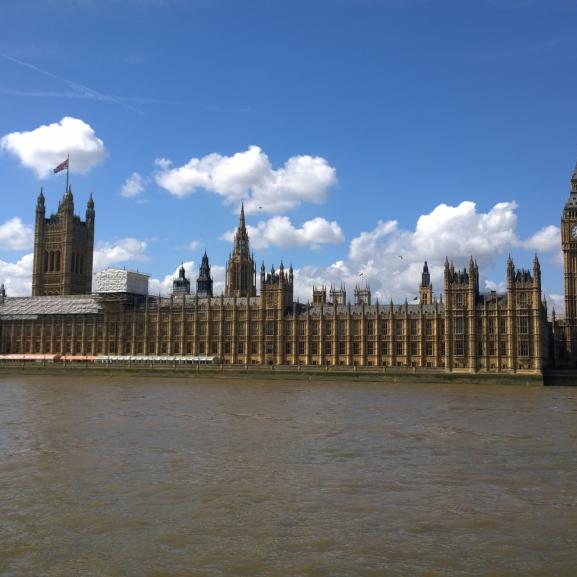Community care legal breakthrough for trauma victims
Freedom from Torture welcomed the judgment today in the case of R(SL) v. Westminster City Council which recognises that the responsibility of local authorities to provide accommodation to those in need of "care and attention" can include trauma victims and others requiring support with mental health problems.
This ruling by the Court of Appeal corrects a gap in previous case law relating to local authorities' duty to those in need of "care and attention" under section 21 of the National Assistance Act 1948, which had focused almost exclusively on people with physical rather than mental health problems. Freedom from Torture, formerly the Medical Foundation for the Care of Victims of Torture, intervened in the case, alongside mental health charity Mind.
Dr Nimisha Patel, Lead Clinical Psychologist at Freedom from Torture, said:
This judgment stands to have a real impact for traumatised torture survivors who struggle to engage meaningfully with rehabilitation services because they are destitute or living in unsafe or otherwise unsuitable accommodation.
"Freedom from Torture provides a range of specialist clinical services to survivors of torture and organised violence. We have seen first-hand how being forced to sleep rough or move around unstable accommodation, such as sleeping on a different friend's floor every night, makes it virtually impossible for survivors to benefit from the long-term treatment on offer beyond providing short-lived comfort.
"We are delighted that the court has rectified the blindness of previous case law by clarifying that local authorities' duty to provide community care support can extend to those with care needs arising from trauma experiences.
"Freedom from Torture would like to acknowledge with many thanks the pro bono legal representation provided by Victoria Pogge von Strandmann at Maxwell Gillott Solicitors and Adrian Berry at Garden Court Chambers."
Victoria Pogge von Strandmann at Maxwell Gillot Solicitors, solicitor for Freedom from Torture, commented:
This judgment clarifies that local authorities owe a duty to accommodate and support those who need looking after as a result of mental health problems, including trauma resulting from torture, where accommodation is necessary in order for that care and attention to be effective. It will ensure that some of the most vulnerable individuals in our society receive the accommodation and support that they so desperately need from social services."
As well as clarifying that mental health problems associated with trauma can give rise to a need for 'care and attention', today's judgment sets out a legal test for identifying when accommodation is required to meet such needs. According to the court, the duty of local authorities to provide accommodation is triggered when it would not be "reasonably practicable and efficacious" to supply the necessary services in the absence of accommodation. In practice this means that torture survivors and other vulnerable people with mental health problems will need to be accommodated where treatment and other necessary support would otherwise be inaccessible or ineffective including for practical reasons relating to unstable living conditions.






